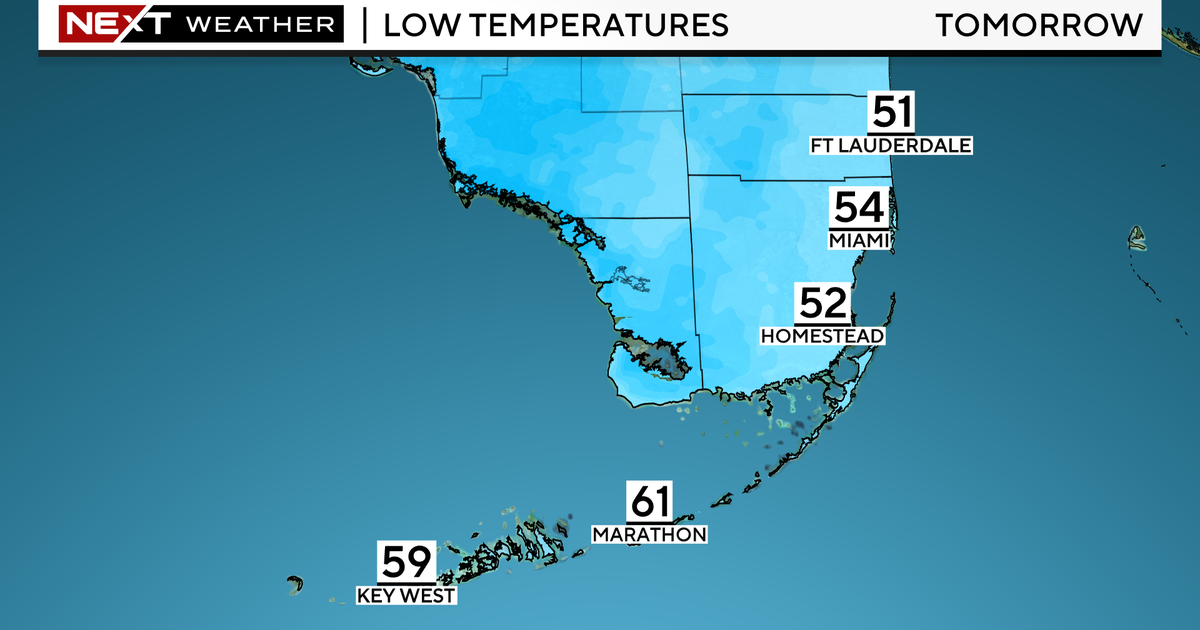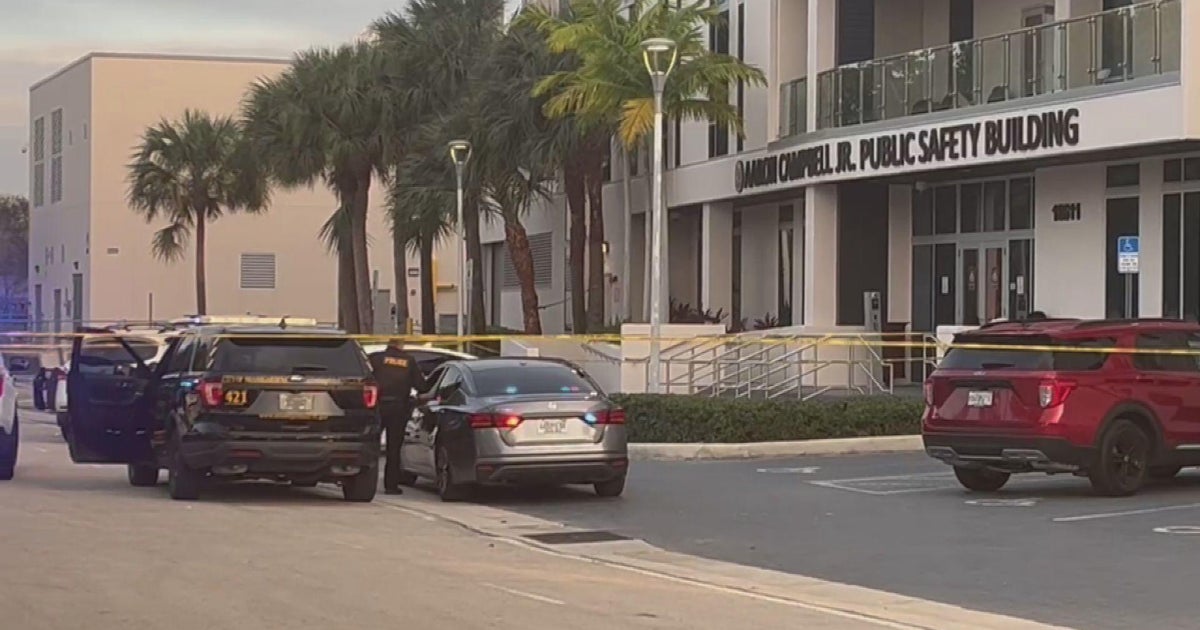Royal insider on King Charles' cancer diagnosis and what it means for Britain's royal family
Britain's King Charles III is being treated for cancer, Buckingham Palace said in a statement Monday. The unspecified form of cancer was discovered as doctors treated the monarch for an enlarged prostate just over a week ago, but it is understood that the king, 75, has been diagnosed with cancer elsewhere in his body, not of the prostate.
CBS News royal contributor Julian Payne, who served as communications director for then-Prince Charles, said on "CBS Mornings" that the king has generally enjoyed "very robust health."
"So, this will be something he's not used to," Payne said. "I think he will be stoic about it. I think he will do what the doctors are asking him to do, and I think his eye will be firmly focused on getting back to the job and getting back to full fitness."
Payne noted that during the reign of Charles' mother, Queen Elizabeth II, health issues of the monarch and other senior members of the royal family were never discussed. He said Charles took a bold step by addressing his health problems, which may be due to a desire to encourage others to get themselves checked and make doctor's appointments.
Buckingham Palace said Charles had "commenced a schedule of regular treatments," and that during that treatment he would "postpone public-facing duties." It said he would continue with his official business and office work as usual.
"The King is grateful to his medical team for their swift intervention, which was made possible thanks to his recent hospital procedure. He remains wholly positive about his treatment and looks forward to returning to full public duty as soon as possible," the statement said, adding that the monarch had "chosen to share his diagnosis to prevent speculation and in the hope it may assist public understanding for all those around the world who are affected by cancer."
Payne said there were some underlying messages in the official statement released by Buckingham Palace about the king's health — all of which are composed with the utmost attention to detail.
By stressing that the king would continue with his daily work, even if he cancels public engagements, "what they are actually telling you is that he is in good shape, and that role as head of state is not being impeded in any way," Payne said.
"If it was the case that something more serious was just around the corner, they absolutely would not be giving you that level of operational detail," he said.
People outside Buckingham Palace react to the king's diagnosis
In the U.K., news of King Charles III's cancer diagnosis has been dominating the national conversation since the announcement on Monday, leading every TV bulletin and newspaper front page.
On the ground, people passing by Buckingham Palace on Tuesday, one of the king's official residences, almost unanimously shared the same two feelings: shock and support.
Angela, who is from Cambridge, happened to be sightseeing when the news broke.
"It's very sad, but he's got good doctors, so I'm sure whatever cancer he's got, they'll sort it out," she told CBS News. "He's an amazing chap."
A passer-by named Will told CBS News on Tuesday that he hopes the best for the king.
"Like most of the people in the UK, I dare say, I wish him the very best of luck and a speedy recovery."
Despite not being as popular as the late Queen Elizabeth II at the same stage of her life, King Charles III still enjoys an " enormous amount of affection and goodwill" from the public, according to Roya Nikkhah, the royal editor of The Sunday Times.
"The British public have been really shocked and saddened, as much as they were when the Queen was very unwell and in her final years," she told CBS News. "The nation will want to rally around the king and hope he makes a full recovery."




